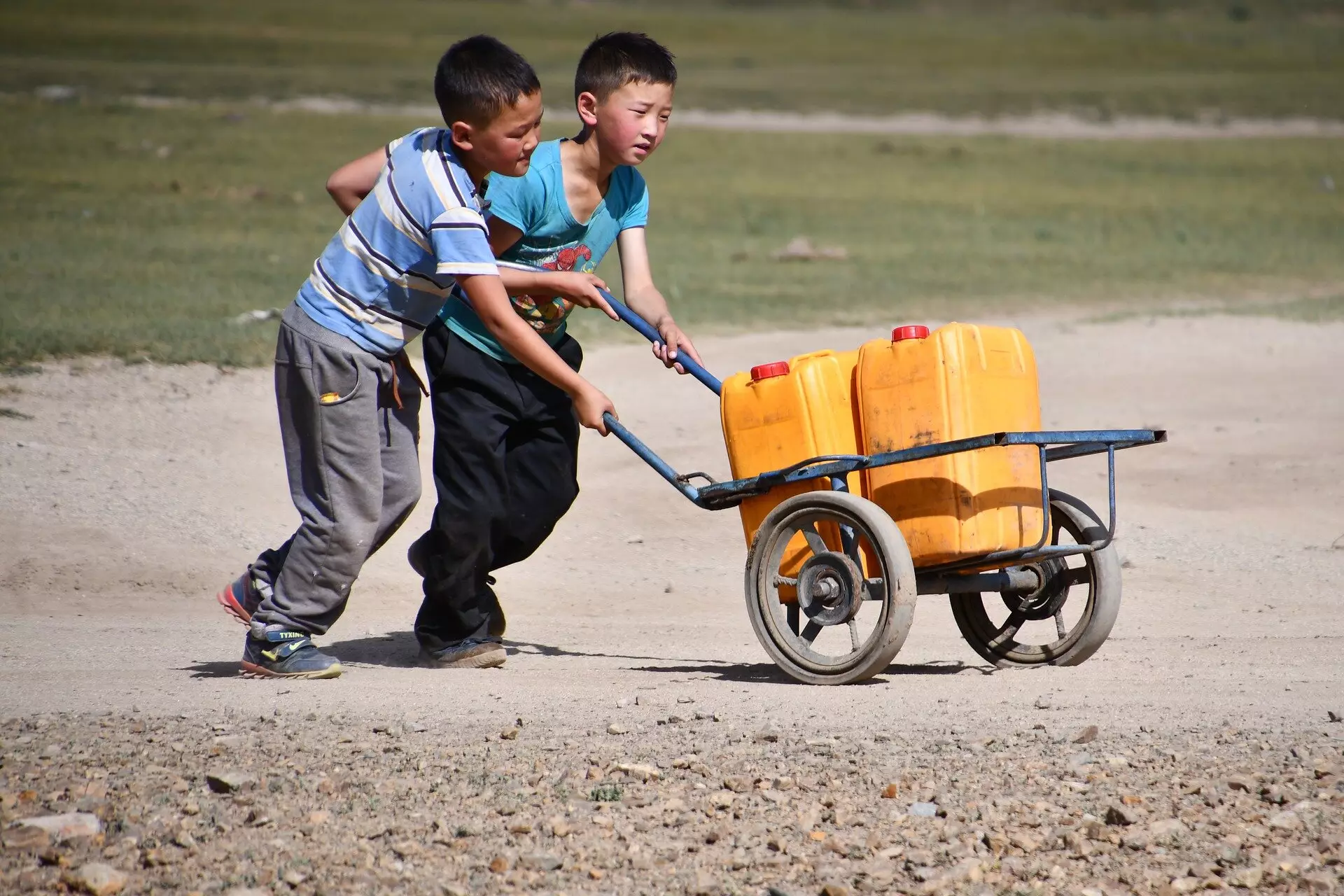

Water scarcity is a pressing issue that is expected to worsen with climate change and socioeconomic developments, particularly affecting populations in the Global South. The importance of clean water for various human needs, including drinking, sanitation, food production, energy generation, and manufacturing, cannot be overstated. In a recent publication in Nature Climate Change, researchers from Utrecht University highlighted the escalating global clean water crisis and its far-reaching implications.
According to the study, approximately 55% of the world’s population currently lives in regions that face clean water shortages for at least one month per year. This figure is projected to increase to 66% by the end of the century. It is evident that climate change and socioeconomic factors play a significant role in shaping the availability, quality, and demand for water resources in the future, as emphasized by lead author Dr. Edward Jones.
While global water scarcity is expected to worsen overall, the impacts will vary across different regions. Western Europe and North America are anticipated to experience heightened water scarcity, primarily due to water quantity issues concentrated in specific months. On the other hand, developing countries in the Global South will face more widespread and persistent water scarcity throughout the year, driven by factors such as rapid population growth, economic expansion, climate change, and deteriorating water quality.
Despite its critical role in ensuring safe water usage, water quality has often been overlooked in water scarcity assessments. Previous studies have primarily focused on water quantity aspects, neglecting the significance of water quality. Jones stresses that the inclusion of water quality in assessments and management strategies is essential for effectively combating water scarcity and its detrimental consequences. Ensuring access to clean water is not only vital for human well-being but also for the sustainability of ecosystems.
The global water scarcity crisis poses a systemic risk to both humans and the environment, making it imperative to address this challenge proactively. By understanding the complex interplay between climate change, socioeconomic factors, water quantity, and water quality, we can develop targeted interventions to mitigate the impacts of water scarcity. The findings of the Utrecht University study underscore the urgent need for comprehensive strategies that consider all aspects of water scarcity to safeguard the future of clean water access for all.
Rogue waves have long been a subject of fascination and terror in maritime lore. These…
As the world grapples with public health challenges, especially those posed by infectious diseases, the…
The Sombrero Galaxy, also known as Messier 104, embodies a breathtaking blend of spirals and…
In recent advances in quantum electronics, a groundbreaking discovery leveraging the concept of kink states…
In the intricate tapestry of nature, ice often exists in a delicate balance with liquid…
In an astonishing event that captured global attention, a rogue object from beyond our Solar…
This website uses cookies.